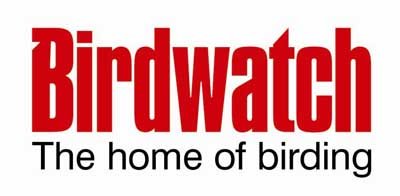Popular songbirds such as Song Thrush, Yellowhammer, Blackbird, Tree Sparrow and Reed Bunting are thought to have declined on British farmland because of reduced availability of seed food in efficient modern farming systems. However, an extensive national study by The Game Conservancy Trust has revealed that game crops, such as kale and quinoa, grown for the benefit of pheasants and partridges, are one of the best farmland habitats for a wide range of other bird species too.

To fully appreciate the value of these crops for birds, The Game Conservancy Trust is giving away free packets of quinoa seeds, which have been generously sponsored by Belmont Seeds from
In addition, the research highlighted that location is another important factor that influenced birds' food choice. Crops close to hedges or other cover give added protection from predators and are therefore generally more favoured than crops out in the open.
Dr Chris Stoate, The Game Conservancy Trust's farmland ecologist, carried out this important study. He explained: "The main focus of attention has been on identifying the main crops that will benefit a wide range of farmland birds. Our study suggests that if managed and sited correctly, a combination of just two or three crop species can provide a fantastic winter food source for many nationally declining farmland bird species. Interestingly, in one study we found up to 100 times as many birds per hectare in game crops than in commercial crops, including unmanaged set-aside and cereal stubbles."
To obtain a packet of free quinoa seeds (while stocks last), please send an SAE to The Game Conservancy Trust, Burgate Manor, Fordingbridge, Hampshire SP6 1EF.

